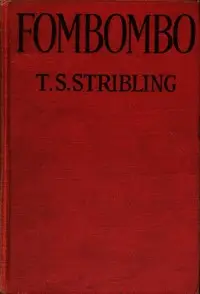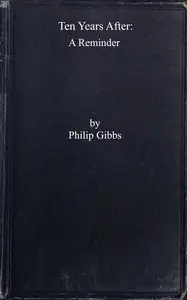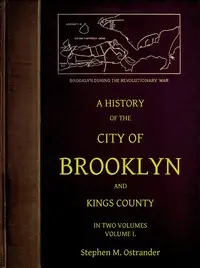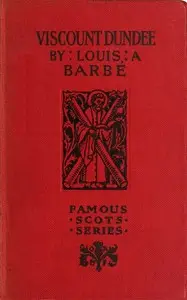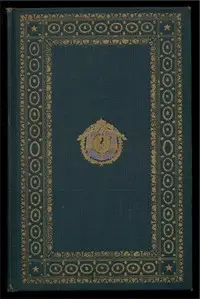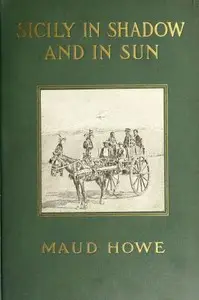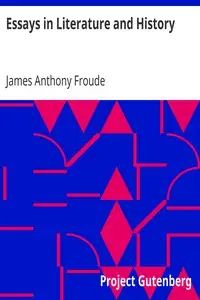"Tamburlaine the Great — Part 1" by Christopher Marlowe is a dramatic play written in the late 16th century, known for its contribution to the Elizabethan theatre. The work centers around the character of Tamburlaine, a once humble shepherd who rises to power through violent conquests and becomes a fearsome monarch, marking his path with ambition and tyranny. With themes of ambition, power, and the human condition, the play explores the tumultuous nature of war and the psyche of its protagonists. The opening portion of the play introduces a troubled Persia ruled by the ineffectual King Mycetes, who is fretting over the threat posed by the rising conqueror, Tamburlaine. Mycetes's brother, Cosroe, is plotting to overthrow him, and the Persian lords are discussing strategies to deal with the incursions of Tamburlaine, a Scythian who has begun a campaign of raids and violence. Meanwhile, Tamburlaine himself, displaying both charm and brutality, claims the daughter of the Soldan of Egypt, Zenocrate, as part of his growing ambition for power. The tensions between these characters set the stage for the impending conflict, showcasing the complex interplay between power dynamics and personal ambition that will unfold throughout the play. (This is an automatically generated summary.)

Tamburlaine the Great — Part 1
By Christopher Marlowe
"Tamburlaine the Great — Part 1" by Christopher Marlowe is a dramatic play written in the late 16th century, known for its contribution to the Elizabe...
Christopher Marlowe, also known as Kit Marlowe, was an English playwright, poet, and translator of the Elizabethan era. Marlowe is among the most famous of the Elizabethan playwrights. Based upon the "many imitations" of his play Tamburlaine, modern scholars consider him to have been the foremost dramatist in London in the years just before his mysterious early death. Some scholars also believe that he greatly influenced William Shakespeare, who was baptised in the same year as Marlowe and later succeeded him as the preeminent Elizabethan playwright. Marlowe was the first to achieve critical reputation for his use of blank verse, which became the standard for the era. His plays are distinguished by their overreaching protagonists. Themes found within Marlowe's literary works have been noted as humanistic with realistic emotions, which some scholars find difficult to reconcile with Marlowe's "anti-intellectualism" and his catering to the prurient tastes of his Elizabethan audiences for generous displays of extreme physical violence, cruelty, and bloodshed.







